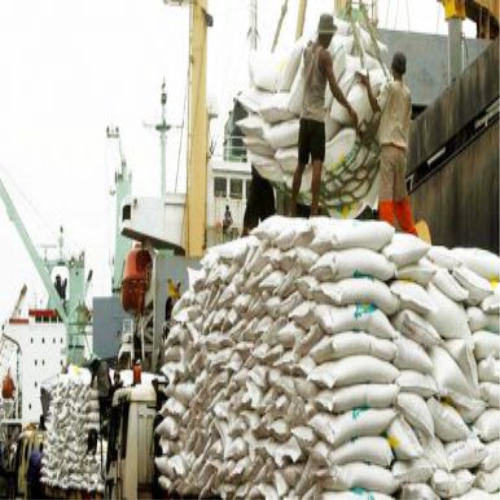Following a cargo ship collision with a bridge in Baltimore on Monday evening, resulting in its collapse, the Port of Baltimore has ceased operations indefinitely, reported Tsln.com.
Maryland authorities are primarily focused on locating eight missing individuals, with the reopening of the port expected to be a prolonged process.
The incident, captured on video and accessible via the Farm Progress link, has caused significant disruption to port activities. According to Washington Trade Daily, ten vessels are currently stranded within the port due to the bridge obstruction, impeding both entry and exit routes. Furthermore, approximately 30 smaller cargo ships, tugboats, and pleasure craft remain docked, while an additional 40 vessels destined for Baltimore have been redirected.
Although Baltimore isn’t a major hub for soybean and grain exports, it serves as a vital nexus for the importation of raw sugar and the exportation and importation of farm equipment, automobiles, and light trucks. Notably, the Domino refinery, owned by the Florida-based ASR Group, is the port’s primary bulk importer, processing and dispatching around six million pounds of sugar daily.
Despite the catastrophe, ASR Group has reassured that its operations in Baltimore are expected to face no immediate disruption. With ample raw sugar supplies on hand and a robust network of production facilities across the United States, the company remains well-positioned to mitigate any potential setbacks.
The Association of Equipment Manufacturers underscored the Port of Baltimore’s significance in facilitating the global shipment of agricultural equipment and components. While concerns linger regarding the impact of the bridge collapse on off-road equipment manufacturing, the full extent of repercussions remains uncertain.
Baltimore’s strategic location near major farm and construction equipment manufacturers in the Midwest has solidified its status as a premier port for importing various agricultural machinery and vehicles. Dean Croke, principal industry analyst at DAT Freight & Analytics, highlighted Baltimore’s prominence in importing combines, tractors, hay balers, excavators, and backhoes.
According to Mike Steenhoek, executive director of the Soy Transportation Coalition, the Port of Baltimore plays a crucial role in handling a diverse range of agricultural products, including sugar, soybeans, grain products, coffee, and grocery items. While soybean exports via containers are reported at the port, bulk vessel exports are not as significant compared to regions like the Mississippi Gulf, which remains the primary export hub for soybeans.
The aftermath of the bridge collapse underscores the interconnectedness of agricultural trade networks and the vulnerability of crucial transportation infrastructure to unforeseen events.
















